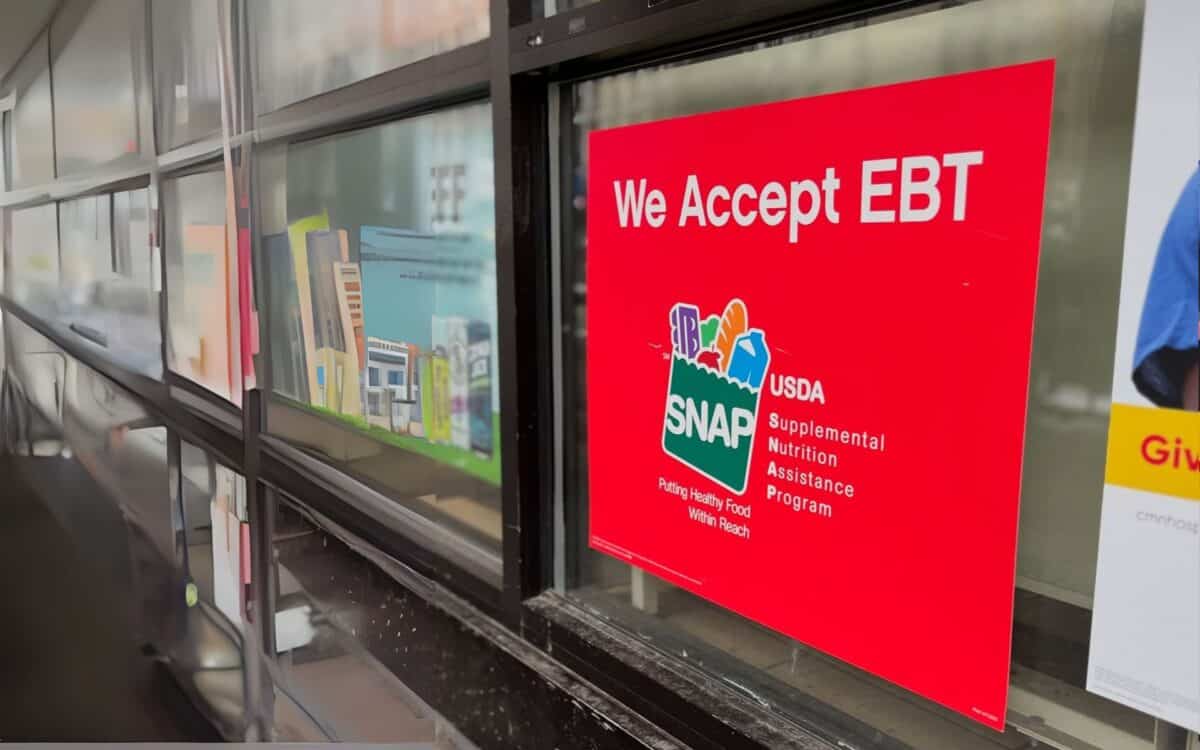“A reimagined SNAP should reflect the realities of modern food consumption and the economic potential of small restaurants. By broadening the program’s reach, we not only nourish individuals but also foster economic resilience.”
This call to action captures a growing movement in New York to rethink the Supplemental Nutrition Assistance Program (SNAP) in light of evolving food habits and persistent economic disparities. Although SNAP remains a vital resource for food-insecure households, its design limits its effectiveness.
City Limits reports that restrictions barring SNAP use at restaurants ignore the real needs of communities where home cooking is not always feasible. These constraints not only hinder access to healthy meals but also restrict opportunities to invest federal food dollars in the state’s struggling small business sector.
Limitations of the Current SNAP Structure
SNAP currently permits recipients to purchase groceries from supermarkets, grocery stores, and certain bodegas, but not from restaurants. This restriction fails to reflect the complex food realities faced by many New Yorkers.
Many low-income households in New York lack the time, equipment, or stable housing necessary to cook regularly, making home preparation an inconsistent option. In these circumstances, restaurants—especially affordable, culturally aligned establishments—could provide a more realistic and dignified solution.
The concept of food deserts typically centers around the absence of full-service supermarkets. In many of these underserved areas, however, small restaurants or mobile vendors are more prevalent than grocery chains.
Allowing SNAP dollars to be used in these businesses would directly address access disparities, offering an immediate, localized solution where traditional retail options are scarce.
Reinforcing Small Business Ecosystems
Extending SNAP to include independent restaurants could also revitalize fragile local economies. In both urban and rural areas, small restaurants face steep competition from national chains and online delivery services. Allowing them to serve SNAP recipients could broaden their customer base and enhance financial sustainability.
Edible Garden, a national supplier of locally grown, organic, and sustainable produce, distributes to over 5,000 stores across the U.S..
Incorporating such vendors into an expanded SNAP framework would help direct federal food dollars back into regional supply chains, supporting farmers and small distributors rather than consolidating market share in large corporations.
Aligning Policy With Food Realities
Food consumption habits have shifted over the last decade, with more households relying on prepared meals rather than raw ingredients. An updated SNAP model would accommodate these trends, recognizing the need for nutritious, prepared, and culturally relevant meals as part of a stable food system.
Programs in states like California and Arizona have already piloted restaurant meal initiatives for SNAP participants. These experiments demonstrate that integrating restaurants into SNAP can be both logistically feasible and socially impactful.
New York now has the opportunity to lead by example through a statewide restaurant meal program and, crucially, by advocating for broader policy changes at the federal level.
The Role of Political Leadership
It’s time for New York policymakers, including leaders like Sen. Chuck Schumer and Rep. Alexandria Ocasio-Cortez, to champion this cause.
The support of influential figures in Washington could pave the way for reforms that not only enhance food access, but also stimulate local economies and affirm food dignity for working-class communities.
Chef JJ Johnson, a James Beard Award-winning chef known for his Afro-Latino cuisine rooted in the Caribbean flavors of his upbringing, is among those championing food equity.
He is also a television personality on the show Just Eats with Chef JJ, and author of the acclaimed cookbook The Simple Art of Rice. Through his fast-casual restaurant FIELDTRIP, Johnson promotes access to healthy, rice-based meals while engaging in advocacy for a more inclusive food system.









